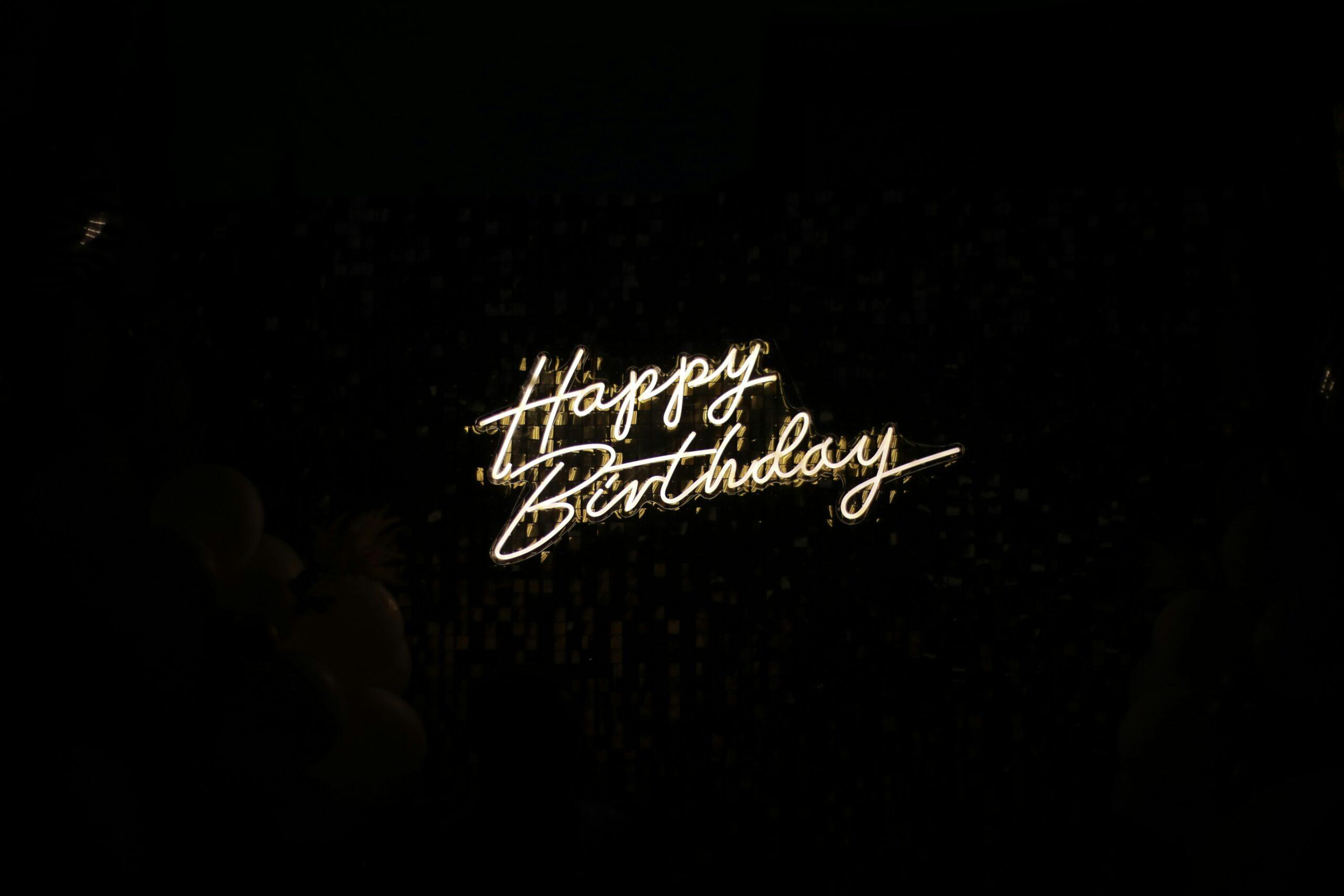It looks like the nearly three-year legal battle over “Happy Birthday” is in its final stages. According to court documents obtained by Buzzfeed, Warner/Chappell, purported owners of the rights to the song, hopes to settle the class-action suit against it by paying $14 million to those who have licensed the song since 1949, and will not seek any more royalties going forward. If judge George H. King, of the United States District Court of the Central District Court of California, agrees to the terms, the song will be in the public domain and free for anyone to use. This is especially important to television shows and movies, but also for people who post home videos on sites like YouTube, and even waiters in restaurants who sing to patrons. How much does Warner/Chappell stand to lose by giving up the fight? About two million dollars a year in what was basically passive income.
Last September, the judge ruled that Warner/Chappell did not have a copyright in the lyrics because it couldn’t show a proper chain of title. In 1893, sisters Patty and Mildred Hill created the song, originally called “Good Morning to All.” It used that familiar melody but not the now-famous lyrics. The Hills assigned the copyright to The Clayton F. Summy Company. The original lyrics evolved over time to become “Happy Birthday” around 1901, and a version of the song was first published with lyrics in 1911. Another version of “Happy Birthday” also appeared in the 1920s. In 1934, the Hills assigned more songs to Summy. Summy then allegedly registered “Happy Birthday” in 1935. Warner/Chappell bought Summy’s successor in 1988, and that’s why it had claimed the song since then. The song’s melody lost copyright protection in 1921, so the lawsuit was about the lyrics. Warner/Chappell had argued that the lyrics were set to the melody in 1935 and published with authorization, so that’s when it was copyrighted. The plaintiffs, however, said that the song was published in 1922 without a copyright notice, and under the Copyright Act of 1909 that was necessary. Also, there’s no record of who even wrote the lyrics, and any claims to the lyrics had been abandoned; therefore, there was no way Warner/Chappell got rights to the lyrics, because Summy didn’t. Unnamed parties did come forward in October, claiming to be the rightful owners of the copyright to the “Happy Birthday” lyrics, and filed a motion to intervene, which was granted, but the court has not ruled on whether they are truly the owners.

Where creative minds come together
One of the biggest takeaways from this case is that for a lot of older works it is entirely too much work to trace theirs origins and ensure the proper copyright chain of title. This creates the likelihood of more situations like Warner/Chappell, where someone can claim rights for as long as they have without anyone really being able to verify, unless they’re willing to go to court. Another interesting question is, why are the alleged real owners of the song only coming forward now?
Stay tuned to The Fried Firm blog for updates on the judge’s ruling on the settlement.



